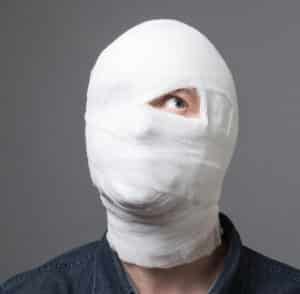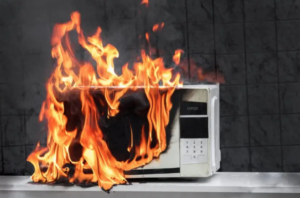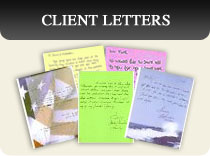Premises Liability vs. General Liability
In 2021, there were 533 fatal occupational injuries in Texas, 64 more than 2020. About 36 million older Americans suffer fall accidents in the U.S. each year, and many of these are premisess liability or general liability cases.
But what is the difference between premises liability and general liability?
- Premises liability typically occurs when you are injured on someone else’s property due to some type of hazardous condition.
- General liability generally refers to insurance coverage covering a broad range of standard business risks, or injuries to individuals while using business products or services. So a business can use their general liability policy to pay for a slip and fall on their property (premises liability).
Putting it another way, premises liability deals with injuries occurring on someone else’s property due to unsafe conditions, while general liability covers incidents caused by another person’s actions, such as car accidents.
If you’ve experienced an injury caused by someone else’s negligence or recklessness, you may be eligible for compensation through a personal injury lawsuit.
At Funk & Associates, we understand the two main types of liability. Let’s take a closer look at the distinctions between these two types of liability.
Premises Liability
Premises liability cases arise when hazardous conditions on someone’s property lead to injuries. Property owners and managers have a legal duty to maintain safe premises and warn the public of any potential dangers under specific circumstances. When this duty is neglected, serious injuries and even fatalities can occur, resulting in premises liability claims. These incidents can happen at various locations, including restaurants, shopping malls, retail stores, grocery stores, and private properties.
Types of Premises Liability Claims
Premises liability incidents can include:
- Slip, trip, and falls: These account for a significant percentage of tort claims filed each year. Common hazards include wet and slippery floors, potholes in parking lots, torn rugs, and uneven flooring.
- Elevator accidents: Property owners must ensure elevators are in proper working condition to prevent accidents such as leveling issues or electrocutions.
- Inadequate security: Neglecting safety measures can lead to incidents at apartment complexes, bars, clubs, and event venues.
- Lack of maintenance: Accidents can result from a lack of property maintenance, such as broken equipment causing slip-and-fall incidents.
- Dog bites: Dog owners can be held liable if their pet attacks someone, and they were aware of the dog’s aggressive tendencies.
- Swimming pool accidents: Pool owners must keep their pools safe to avoid accidents that may lead to premises liability claims.
- Amusement parks and state fairs: Proper maintenance and adherence to safety protocols are essential for preventing accidents at amusement and theme parks.
 General Liability
General Liability
General liability insurance covers a broad range of personal injuries or damages that may occur during regular business operations. It is more comprehensive than premises liability insurance, and some policies may include coverage for specific premises liability cases like slips and falls. General liability covers damages or injuries related to a business’s operations, but it does not pertain to the condition of the property itself or injuries caused by employees.
Types of General Liability Claims
Common examples of general liability claims include:
- Third-party property damage claims: These occur when a business activity causes damage to another person’s property.
- Personal and advertising injury claims: These arise when a business’s advertising harms someone’s reputation.
- Products-completed operations claims: These claims result from injuries or damages caused by defective products.
Please check out our resource, Personal Injury FAQ: Questions To Ask Austin’s Lawyers.
If you need assistance with your personal injury case, our experienced personal injury attorneys are here to help. Please contact us today at 512-472-3865 or fill out our online form for a free consultation. Our team is dedicated to guiding you through your claim and helping you obtain the compensation you deserve. We look forward to assisting you.



